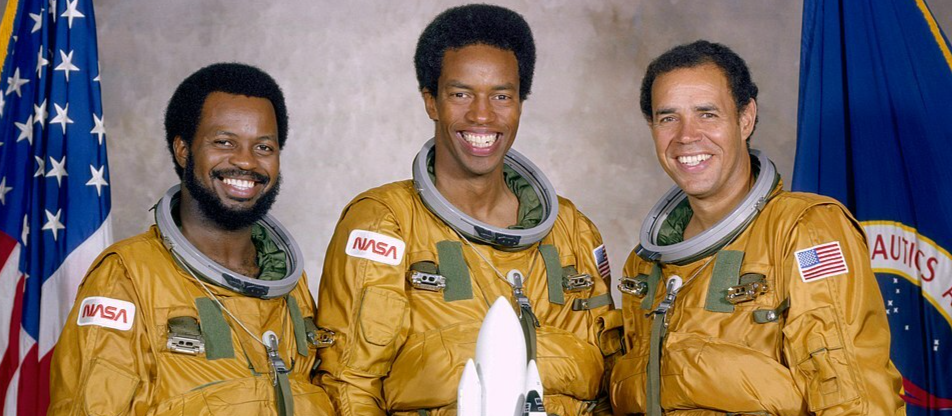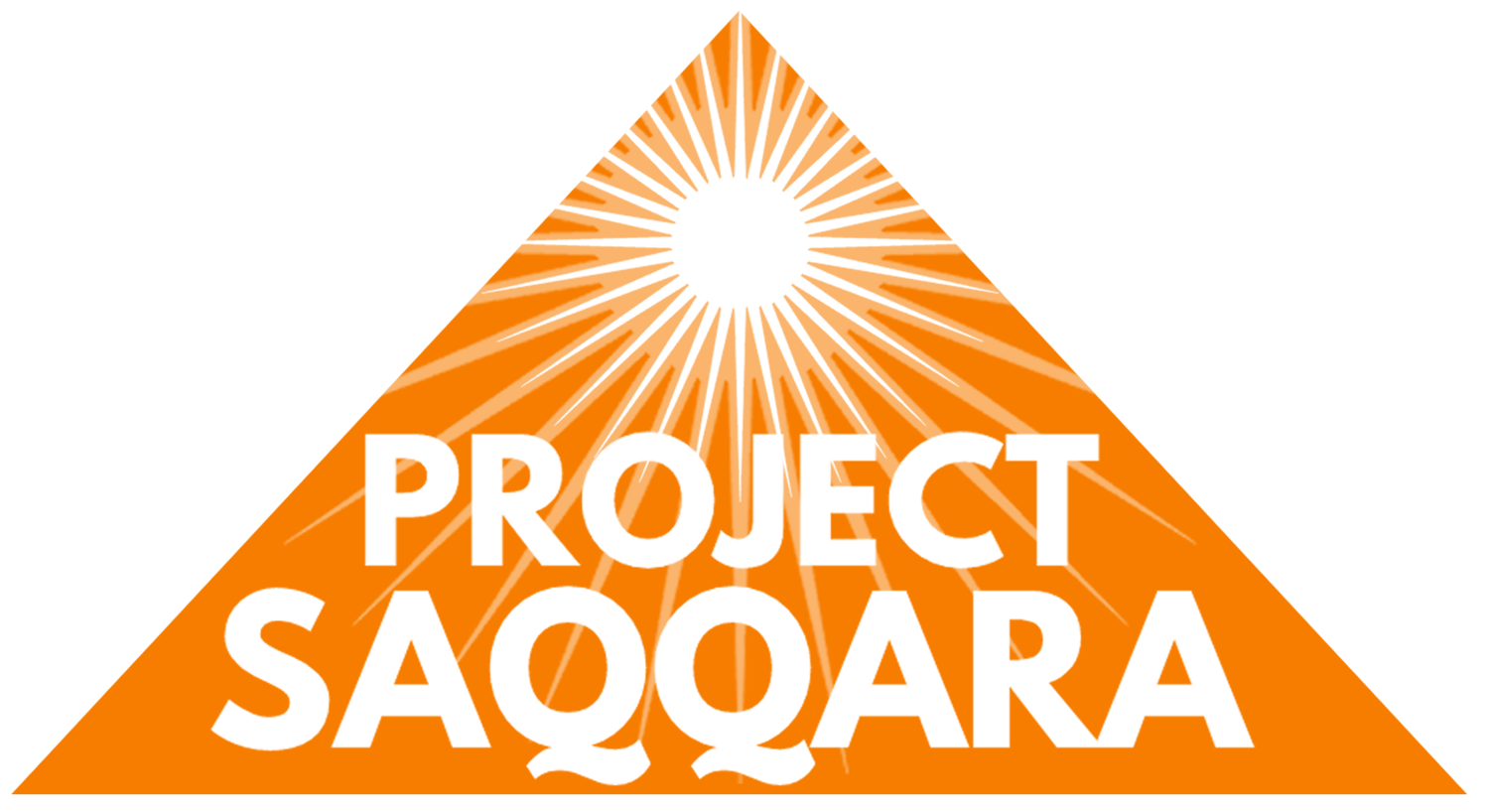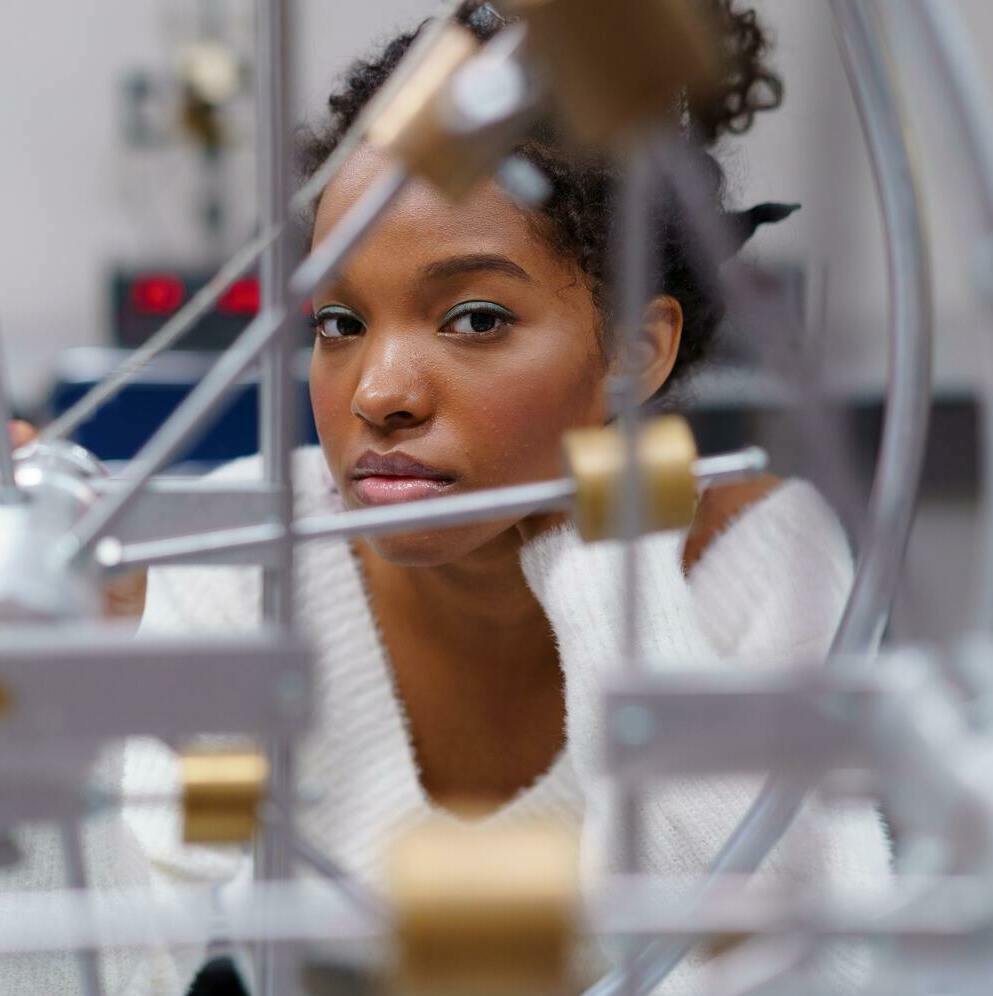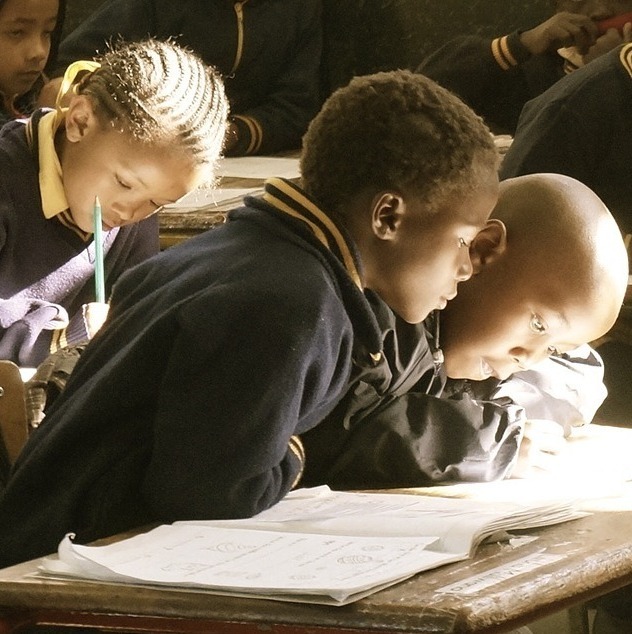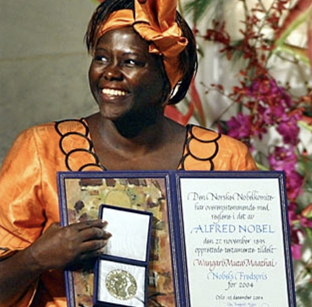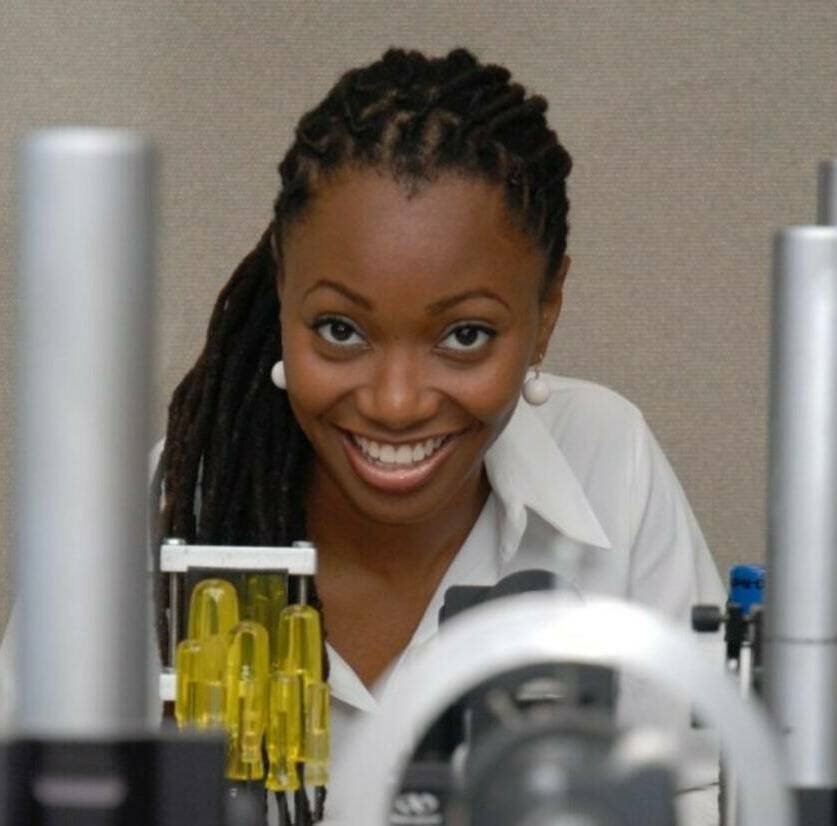WHAT IS ASPIRATIONAL AFRICENTRIC EDUCATION?
What makes Project Saqqara's aspirational approach so effective
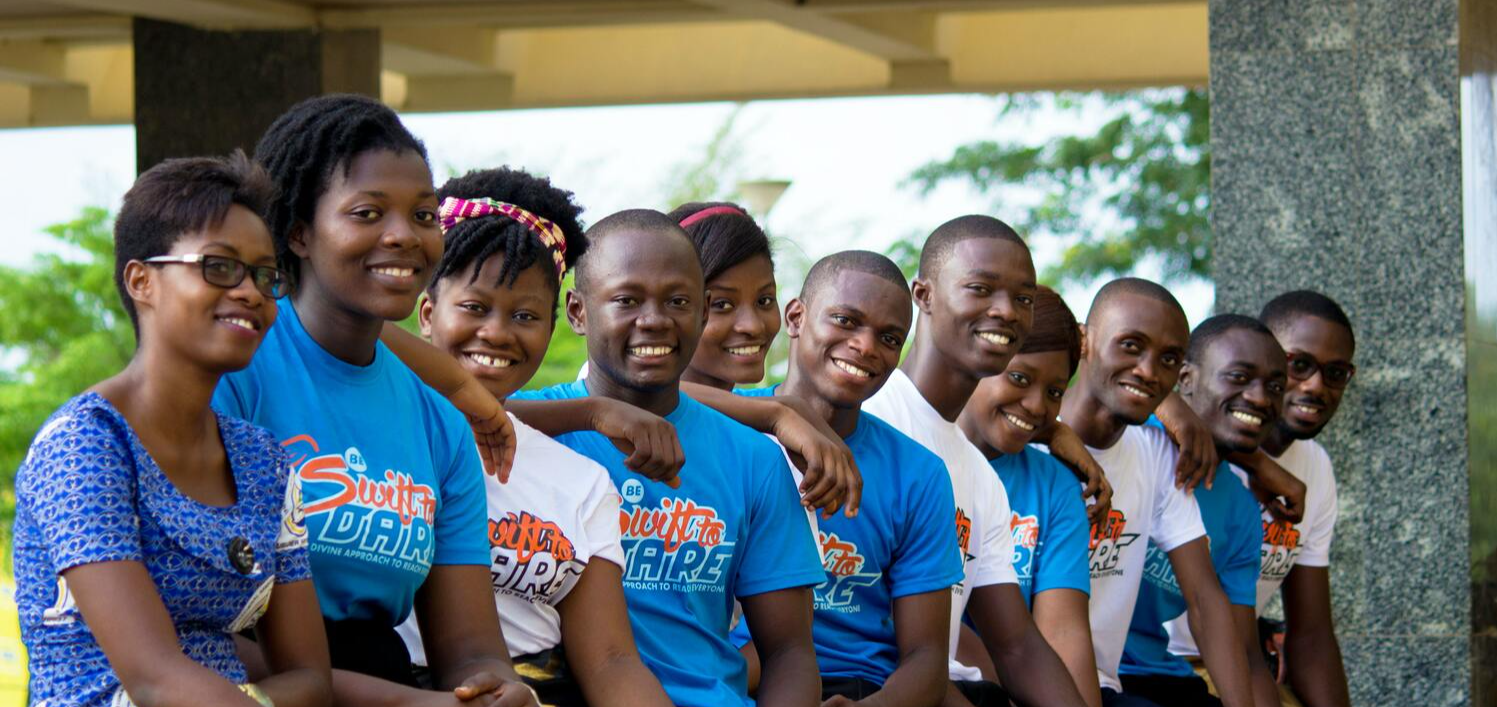
EFFECTIVE: MAXIMIZING STUDENT SUCCESS INSIDE AND OUTSIDE CLASSROOMS
1. Perform better on tests
2. Skip class less often
3. Show greater respect for authority and elders
4. Report feeling a greater sense of belonging in their schools
5. Have a greater commitment to social responsibility and community welfare
RELEVANT: READINGS, UNITS, AND LESSON PLANS ABOUT AFRICAN CIVILIZATIONS & PEAK-PERFORMERS, CREATED BY AFRICAN ANALYSTS
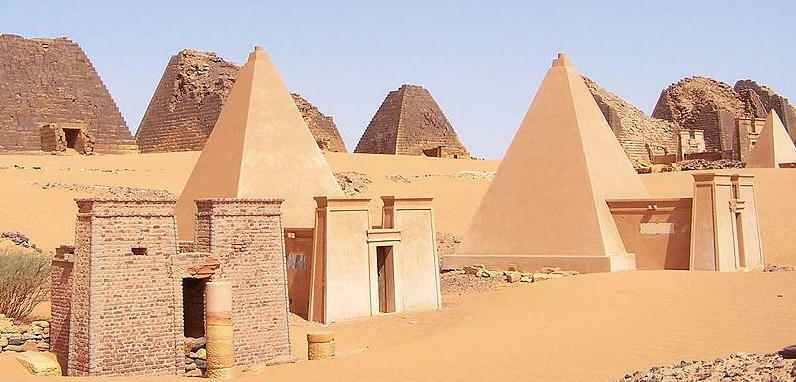
The pyramid complex at Meroe, Sudan.
Africentric education presents the brilliance of 5000 years of African civilizations, geniuses, and peak-performers in every field of human endeavour. Crucially, Africentric classroom readings arise almost exclusively from global African writers, academics, historians, critics, journalists, politicians, analysts, and history-makers themselves who have indispensable insider perspectives on all the fields in which they are experts.
When schools present lessons on European history, they use European historians (rather than, for instance, Moorish, Iranian, or Chinese historians). Putting European writers at the centre of teaching European cultures is standard, and also logical. So why shouldn't the same approach—centering "insiders"—be standard for teaching African civilizations, cultures, and world-shapers from across the continent to the Caribbean and the Americas?
To help teachers help students succeed, Project Saqqara offers Africentric unit and lesson plans with curated resource lists in all core subjects at every grade level, combined with activities for year-round learning.
ASPIRATIONAL: THE FIRST STEP TO BEING SOMETHING... IS SEEING SOMETHING
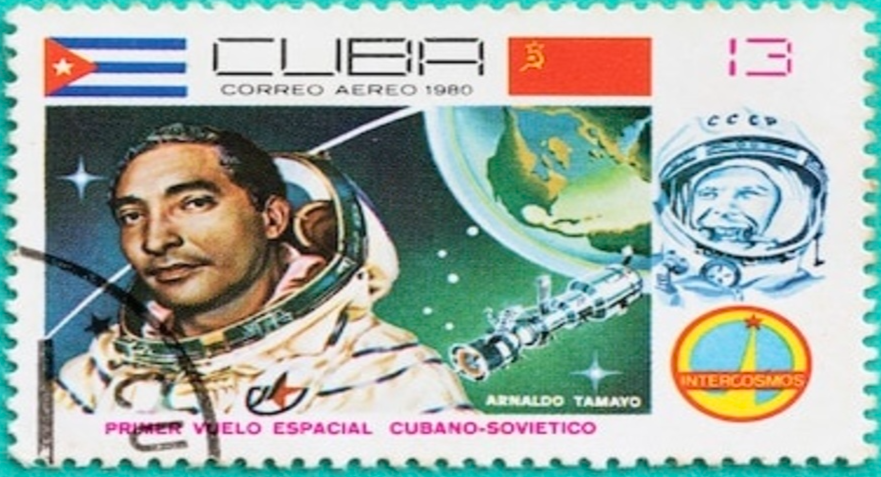
Above, Cuban cosmonaut Arnaldo Tamayo Mendez, the first African in space. Below, Ronald McNair, Guion Bluford, and Fred Gregory, three of the first US African astronauts.
